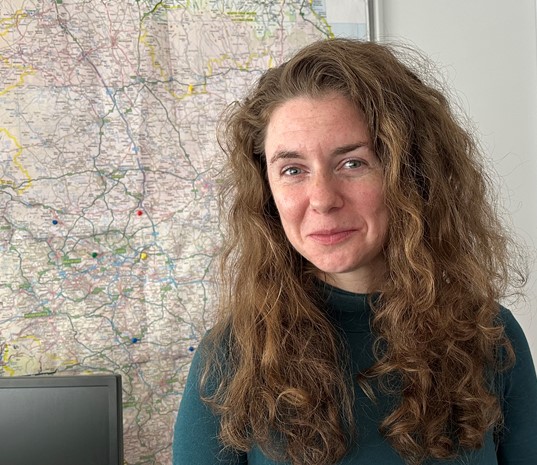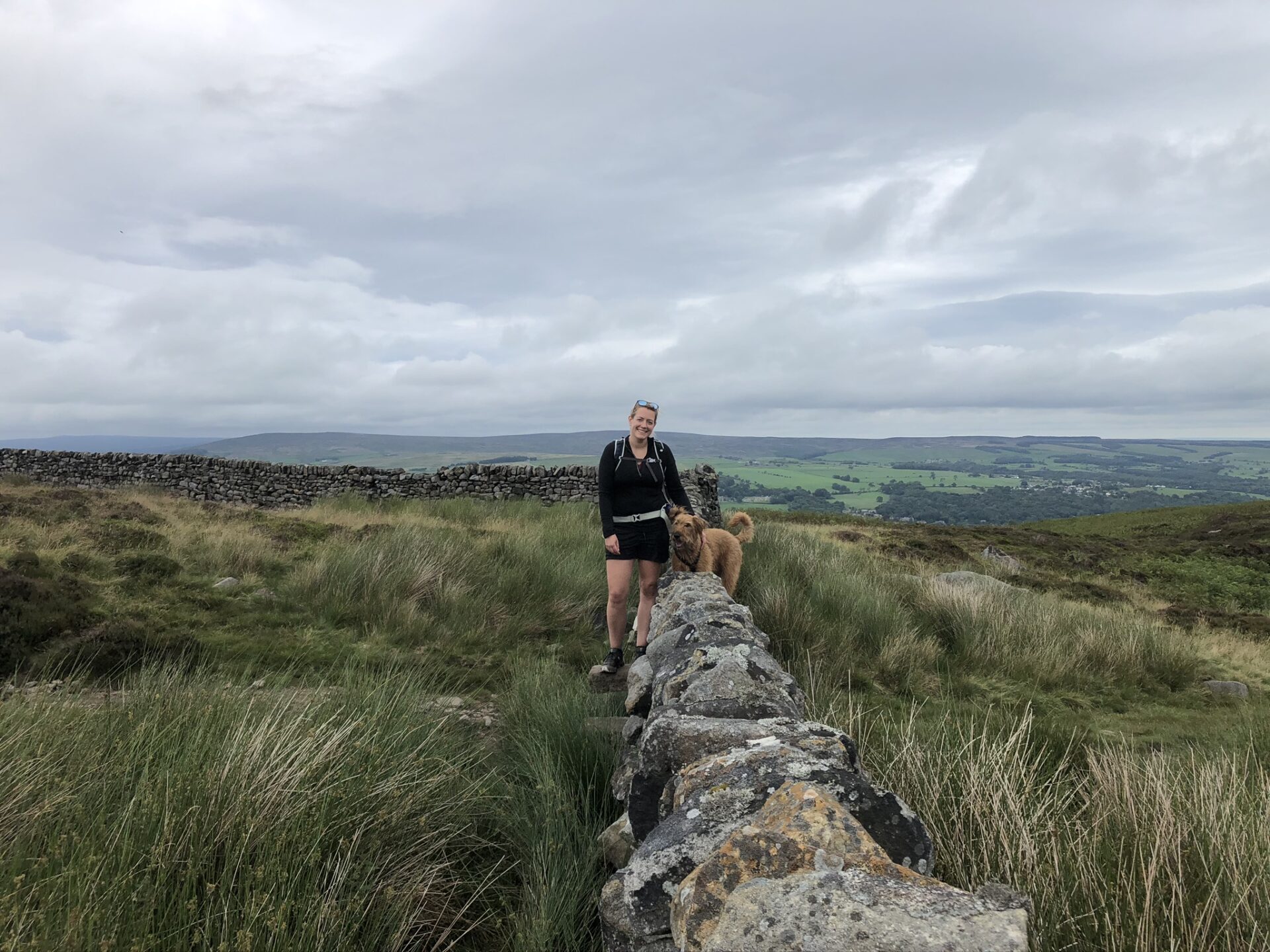New European Green Deal project launched to lead largescale restoration of European wetlands
WaterLANDS (Water-based solutions for carbon storage, people and wilderness) is an ambitious, largescale project to restore wetland sites across Europe which have been decimated by human activity and lay the foundations for scalable protection across much wider areas. It has received €23 million of funding from the EU Horizon 2020 Programme Green Deal and includes the development of 15 Knowledge Sites and sixAction Sites.
iCASP is a key research partner in the project which will build on our collaborative approach with a wide range of communities and organisations involved in the restoration of peatlands across the region and support them to deliver major advances in wetland restoration.
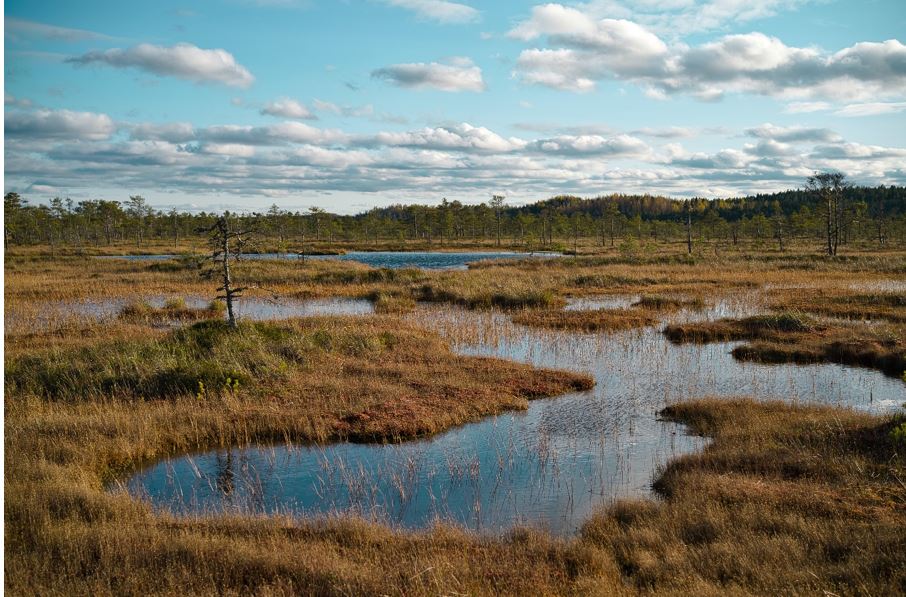
Previous attempts at wetland restoration have often been too localised or too fragmented to make a significant difference to the re-establishment of wetland ecosystems and species.
WaterLANDS will undertake hands-on restoration of specific wetland sites, covering an initial 10,500 ha, and create best practice models that can be applied to other sites. By engaging with local communities and stakeholders, the project will ensure that wetland restoration results not only in environmental gains, but also social and economic benefits for the communities involved.
News, updates and blogs
News from WaterLANDS UK – Spring 2024
To stay informed about the WaterLANDS project, be sure to sign up for our newsletter here and follow on X. Read the full newsletter here
Tenderbog – caring for our peatlands
Pictured: – Visit to Fleet Moss, photo by Laura Harrington Laura Harrington and Feral Practice (Fiona MacDonald), the UK Artists in Residence for WaterLANDS, have been busy during their first year exploring the Great North Bog – the UK Action Site which is a network of peatlands in Northern England – and getting to know…
How art and science can progress urgent peatland conversations – reflections by WaterLANDSUK engagement lead Josh Cohen
Pictured: Listening event – photo by Laura Harrington Last weekend (Saturday 17 February) Laura Harrington took part in a peat coring and ‘listening walk’ event with Durham Wildlife Trust, site lead Rebecca Clarke, sound artist Tim Shaw, Dr Antony Blundell from University of Leeds and Josh Cohen at St Cuthbert’s Moor Nature Reserve in Durham….
News from WaterLANDS UK
To stay informed about the WaterLANDS project, be sure to sign up for our newsletter here and follow on X. Read full newsletter here
A week in a life of an international peatland restoration volunteer
Picture caption: Holyhead port at 1am. Photo credit: Joshua Cohen Day 1, Sunday 3 September As part of the WaterLANDS EU wetland restoration programme, iCASP’s UK Action Site at the Great North Bog has been twinned with the Abbeyleix Bog Knowledge Site in Ireland. During our volunteer week, I visited Abbeyleix with Action Site Co-ordinator Dr Richard Grayson…
World heritage wetland site threatened by strawberry farming
Sunset at Laguna Dulce by Jorge Monje Strawberry lovers might want to check the provenance of their fruit this summer following controversy about a new farming bill which could cause the devastation of an iconic Spanish wetland. Scientists from the University of Leeds and the Spanish National Research Council say urgent protection is needed for the fragile…
The 5-year project is led by Dr Craig Bullock, WaterLANDS project coordinator and Research Fellow in Planning and Environmental Policy at University College Dublin. It brings together 31 other organisations from research, industry, government and non-profit sectors in 14 European countries.
Professor Joseph Holden, director of iCASP and water@leeds,
Professor Julia Martin-Ortega, social sciences project lead for Water@Leeds, at University of Leeds,
Professor Andy Baird, Professor Lee Brown, Professor Pippa Chapman, Dr Paul Morris, at University of Leeds
Dr Richard Grayson, iCASP Impact Translation Fellow , Catherine Seal, iCASP communications officer, Melanie Stonard, iCASP programme administrator
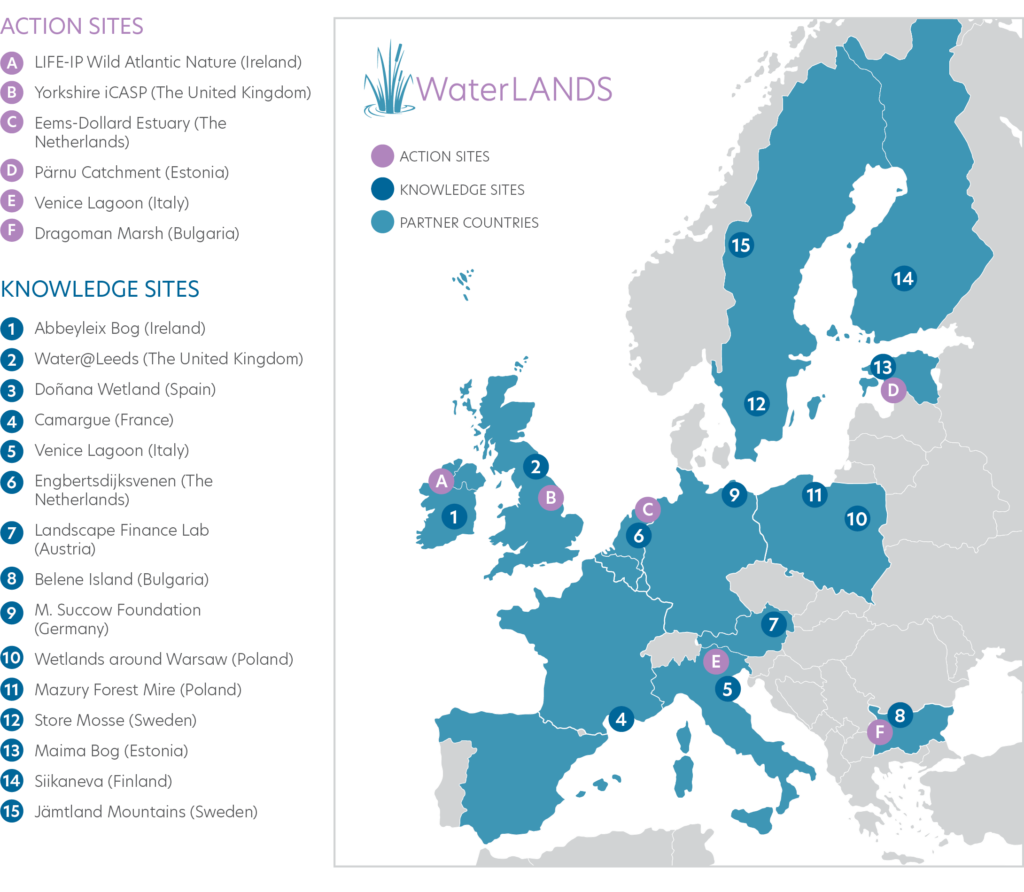



Dr Joshua Cohen
Engagement Lead

Dr Gabriela Lopez-Gonzalez
PeatDataHub Coordinator
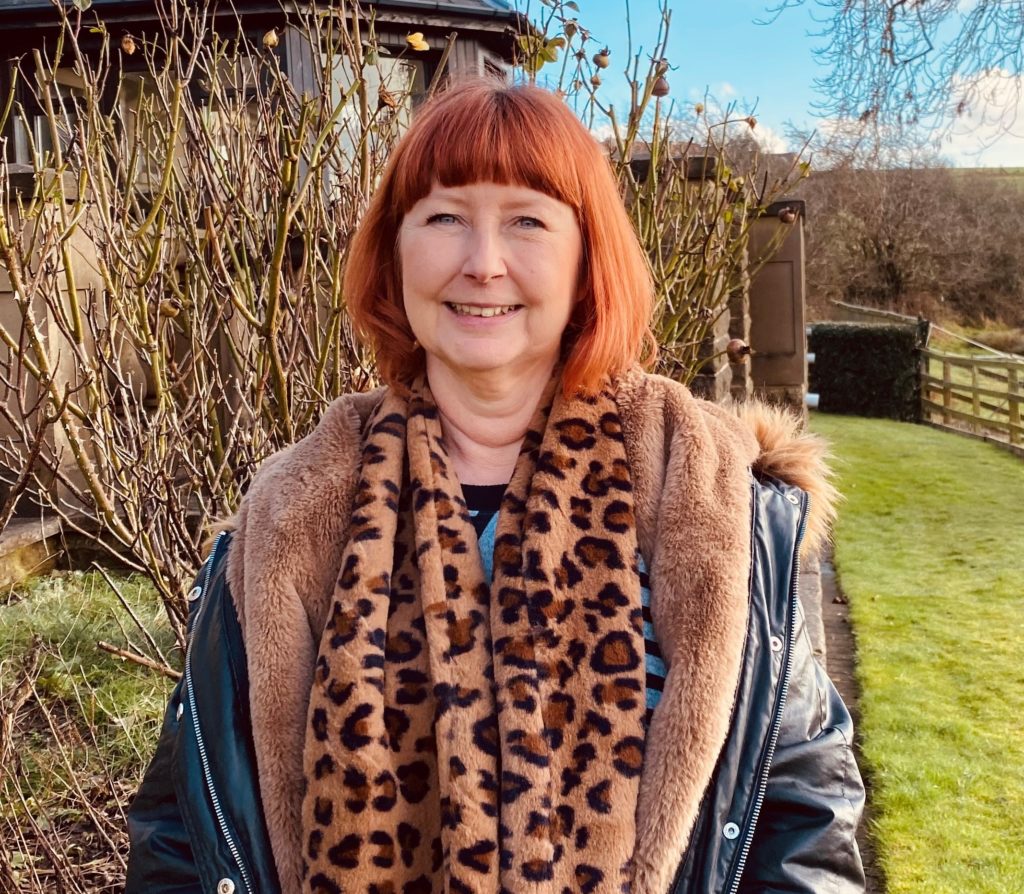
Catherine Seal
Communications Officer
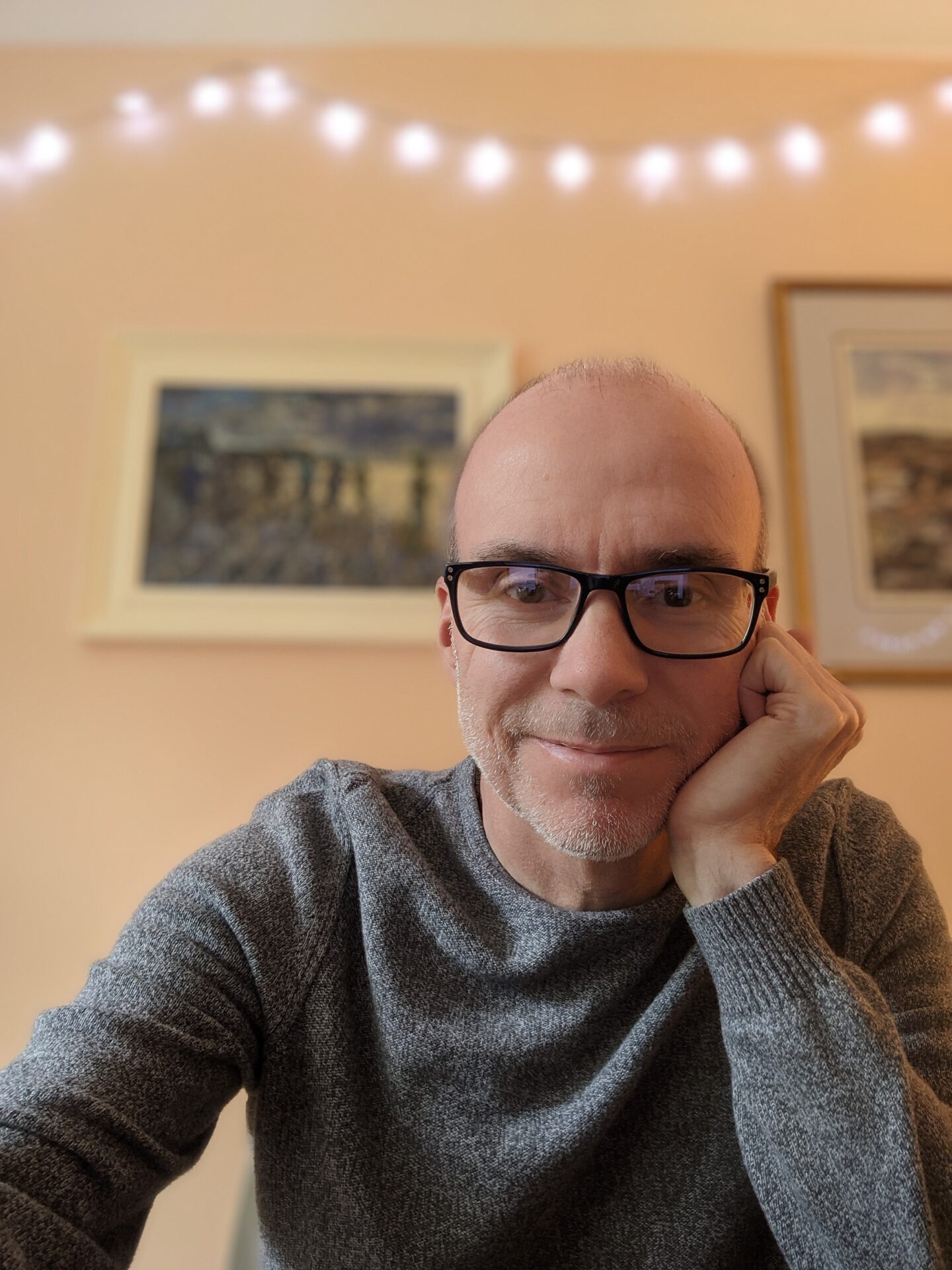
Dr Andy Brown
Sign up for waterLANDS newsletter
Follow on Twitter @WaterLAND_EU





